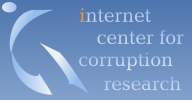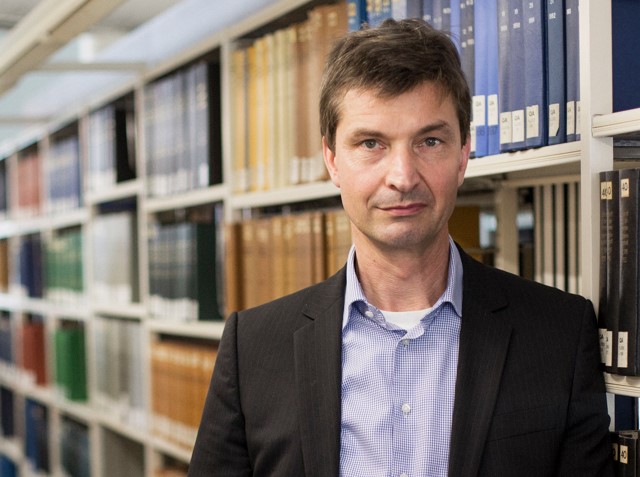
| Home → Lecture and Workshops → 2022 Passau |  |
 The 2022 Workshop "The Economics of Corruption" provides graduate and PhD-students with
experimental, behavioral and institutional tools for doing research on corruption and good governance.
The 2022 Workshop "The Economics of Corruption" provides graduate and PhD-students with
experimental, behavioral and institutional tools for doing research on corruption and good governance.
Recent years have seen growing skepticism towards standard methods in fighting corruption. Control and compliance have induced an ever increasing administrative burden and draw attention away from an intrinsic motivation to obey rules and respect public interest. Novel methods of anticorruption focus on detecting such intrinsic drivers that might motivate ethical government. Participants learn about latest experimental and behavioral research by help of lectures, games, simulations, presentations and case studies. They are confronted with various methods for containing corruption, particularly based on the United Nations Convention Against Corruption (UNCAC), and critically analyse their effectiveness. They are guided towards developing their own experimental design and work in groups to implement it.
PhD-students are invited to present their research (15 min. presentation + 5 min. discussion).
There are no tuition fees. The course is directed towards PhD and Master students in the social sciences (economics, business administration, psychology, political science, law, sociology) who apply experimental methods in their respective fields and would like to exchange ideas across disciplinary boundaries.
Date: October 4-10, 2022
Please find the program here. The schedule of presentations by the various PhD-students will be made available here.
Guest presentations complement the program:
Prof. Dr. Bjoern Bartling University of Zurich, Switzerland "Experimental Research on Morals in Markets"
Prof. Dr. Sheheryar Banuri University of East Anglia, UK " "Corruption and Culture"
The course is restricted to successful applicants (see information below).
For registration please send an email to our supporting staff . Master students from Passau must also register by email, turning in their name and major.Venue: University of Passau, Germany
Requirements: PhD-students and advanced scholars are invited to present their research. Experimental studies from the field and the laboratory are most welcome. We also accept research on survey work.
Prospective participants must apply by completing the application form. Please send your application to our supporting staff.
Applications will be evaluated on the basis of the academic background, motivation and, if submitted, the quality of research.
While participation is free of charge, we do not provide funding for travel or lodging. Course material will be made available online. 30 EUR will be collected to cover expenses for two social events and the games.
Exam: Applicants should study video material upfront (3 hours in total). They are offered a final exam on Oct 12, 2022. Two tutorials will be offered in advance of the exam. Master Students receive 7 ECTS credit points, based on a memo that describes the group's research findings and the exam. Students from the University of Passau should study further descriptions on StudIP.
Accommodation: The City of Passau provides all ranges of accommodation. Please approach the webpages of the Passau Tourist Information. Participants are required to arrange accommodation on their own.
|
- Lambsdorff, J. Graf (2007) The New Institutional Economics of Corruption and Reform: Theory, Evidence and Policy. Cambridge University Press
- Lambsdorff, J. Graf (2009), The Organization of Anticorruption - Getting Incentives Right. In: Corruption, Global Security, and World Order, ed. by R. Rotberg, (The Brookings Institution Press: Washington, D.C., 2009): 389-415.
- Serra, D. and L. Wantchekon (2012) New Advances in Experimental Research on Corruption, Research in Experimental Economics volume 15, Emerald Group Publishing.
- Lambsdorff, J. Graf (2015), Preventing Corruption by Promoting Trust. Insights from Behavioral Science. University of Passau, Version: Diskussionsbeitrag Nr. V - 69 - 15

